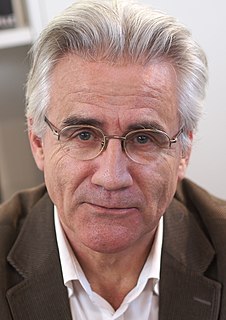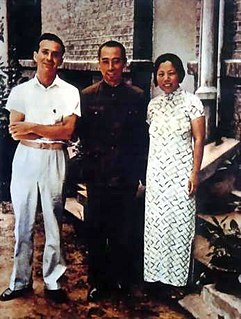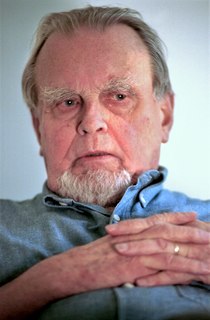A Quote by Karl Marx
Religion is the sigh of the oppressed creature, the heart of a heartless world, and the soul of soulless conditions. It is the opium of the people.
Related Quotes
To a child who dies, and to the parents of this child, will you speak, if religion consoles them, in praise of atheism? That one does not mistake: that, to my mind, does not prove anything against atheism and much against religion. "The heart of a heartless world, said Marx, the soul of soulless conditions." It is misery that makes religion, and it is why this one is miserable. Who would prohibit opium to a dying man? And what are we, out of oblivion or entertainment, anything else but dying?
Do you think, because I am poor, obscure, plain and little, I am soulless and heartless? You think wrong! - I have as much soul as you, - and full as much heart! And if God had gifted me with some beauty and much wealth, I should have made it as hard for you to leave me, as it is now for me to leave you!
Religion used to be the opium of the people. To those suffering humiliation, pain, illness, and serfdom, religion promised the reward of an after life. But now, we are witnessing a transformation, a true opium of the people is the belief in nothingness after death, the huge solace, the huge comfort of thinking that for our betrayals, our greed, our cowardice, our murders, we are not going to be judged.
A religion true to its nature must also be concerned about man's social conditions....A ny religion that professes to be concerned with the souls of men and is not concerned with the slums that damn them, the economic conditions that strangle them, and the social conditions that cripple them is a dry-as-dust religion.







































